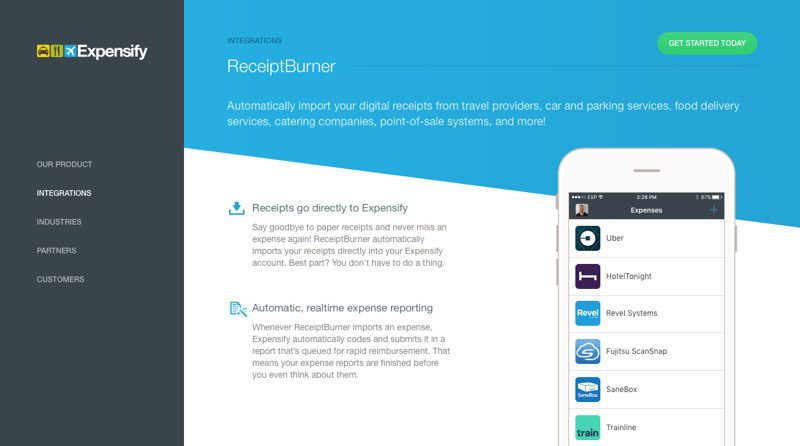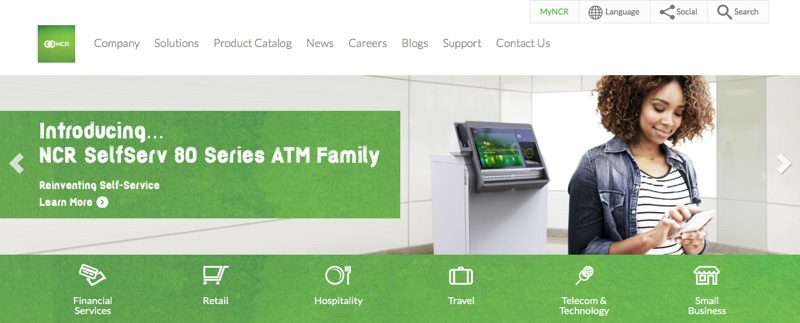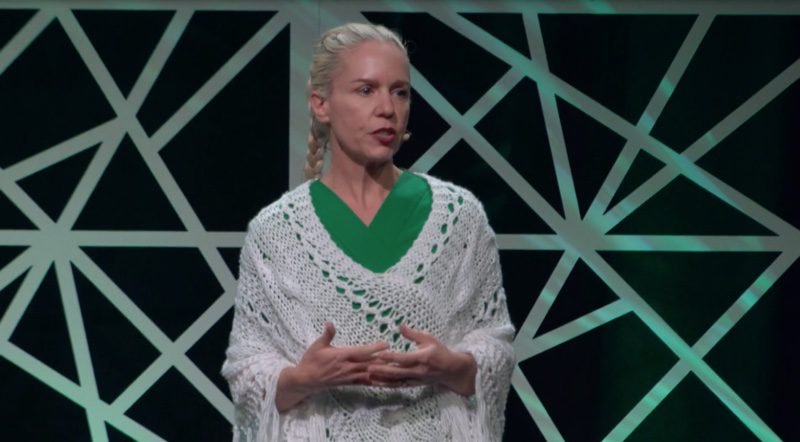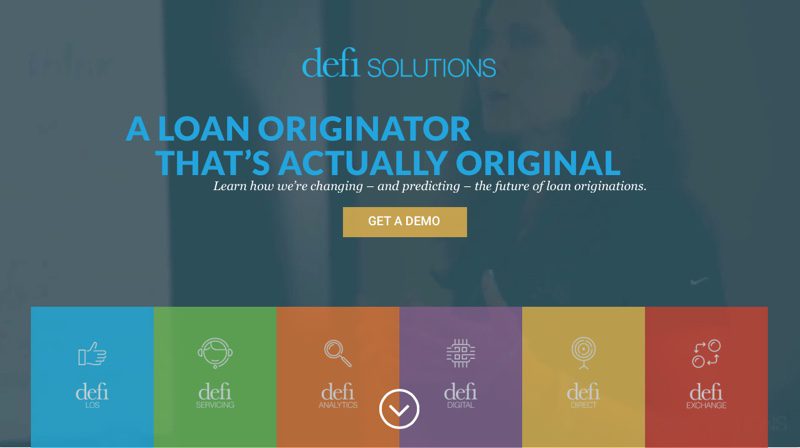Guest post by Ian Dunbar, CEO of SuiteBox
—
Financial services businesses face many pressures – cost reduction, scalability, risk mitigation, compliance, and regulation. Technology is the solution, at least in part, to these pressures. However, technology adds to the friction or customer effort of engaging with the financial service. More effort = customer disengagement.
Cutting across fintech, there are rapid advances being made in technology that drives customer engagement. Here are some of the top themes in CETech – customer engagement technology – that are worth watching.
Social media delivering personalization (and profiling)
Social media, search history, and analytic tools leveraging our digital social footprint will become mainstream in building real time client profiles. This will enable financial services providers to engage with clients through highly-relevant personalized content and to leverage profiles to determine product suitability.
For example, being aware of changes in a client’s family situation (perhaps the death of a loved one or a divorce) may enable the proactive deployment of more effective financial strategies. Product designers can even leverage existing social media data to determine the risks associated with the delivery of a product or service. A life insurer can build an individual’s risk profile more accurately from social media data than from a questionnaire.
Artificial intelligence and cognitive learning
Conversational speech and facial expressions can be analyzed to determine customer emotions. Microsoft’s Emotion API, for example, can detect anger, contempt, disgust, fear, happiness, sadness, and surprise from a voice stream and images.
Financial service providers can use cognitive tools to deliver their products in a more engaging manner. Meeting with a client in person, via video or on the telephone, can be analyzed in real time. Risk assessment for miss-selling, real timing adapting of what and how a product is presented, or even determining if client is misrepresenting information will all be possible.
The power of video
Most surveys continue to tell us that customers prefer meeting personally with their financial providers. However this can be costly and inconvenient. Do you or your clients want to spend time in traffic, battling for a parking spot, and suffering the stress of congested roads, for a personal meeting?
Of course not. So we use the phone as our primary non-physical meeting tool. But the problem with the phone is it doesn’t employ the power of sight. Eye contact is fundamental to human communication. We can tell a lot from a person’s eyes, what mood they are in, and their level of comfort. Avoiding eye contact with strangers is a common strategy to remain private, especially in situations of close proximity. Yet this is what we do in important telephone calls with our clients.
Biometrics gather momentum
Usernames and passwords are an enormous source of consumer frustration and customer effort. Fingerprint recognition of smartphones has led consumers to treat biometrics as mainstream. This will rapidly expand as biometrics allow a convergence between previously incompatible goals of enhanced security without customer effort.
Smarter virtual assistants
Natural language voice recognition combined with smart virtual assistants mean we will increasingly talk to our financial services websites or apps, rather than our fingers doing the work. Love or hate Siri, voice commands will be increasingly accepted as the norm.
Get ready
Embed customer effort reducing measures and customer-centric design into your digital strategies. Embed the customer experience into user journeys using the latest engagement technologies. Create your own “Customer Experience Lab” to test the experience. There is no better time to put your customer back into the centre of your IT strategy.
Ian Dunbar is the CEO of SuiteBox. SuiteBox enables a permanently open digital workspace to be established between a host and participants of a meeting, allowing participants to meet via video or physically, share and collaborate on documents between the parties, digitally sign documents, establish evidence of identify & record the meeting for future reference. Headquartered in Auckland, New Zealand and founded in 2013, the company demonstrated its technology at FinovateEurope 2016.













 as we continue to expand and provide even greater value to our lenders,” Muntz said.
as we continue to expand and provide even greater value to our lenders,” Muntz said.




